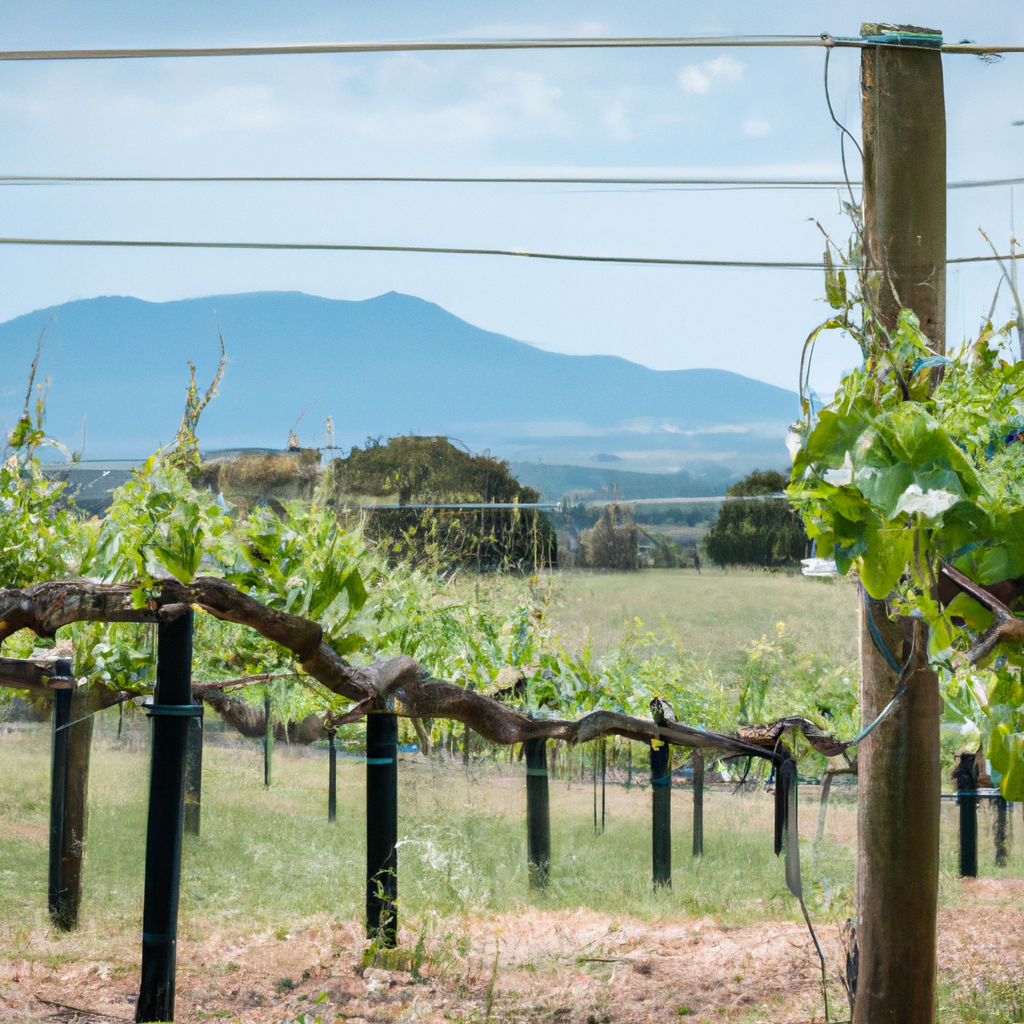Wine has long been associated with luxury and indulgence, but now, the essential practices involved in vineyard management are evolving to prioritize eco-friendly approaches. Sustainable wine practices are introducing affordable, responsible winemaking techniques that are resulting in healthier ecosystems, lower production costs, tastier wines, and a greater appreciation of the earth’s precious resources. Let’s explore how sustainable wine practices are revolutionizing the vineyard landscape.
1. Planting for Preservation: Sustainable Wine Practices
Sustainable wine production is an answer to increasing consumer demand for eco-friendly wines. Environmental stewardship has become a priority amongst the world’s leading winemakers. Sustainable wine practices are essential for preserving the environment and pursuing sustainability.
Practices such as resource management, water conservation, and pesticide control are key components of sustainable wine production. Winemakers can also plant cover crops along their vineyards, which serve to protect the soil and provide healthier habitats for beneficial life, such as insects and birds.
2. Reducing Carbon Footprints with Eco-Friendly Vineyards
The carbon-footprint of winemaking is huge, from the fertilizers used to the transportation of the finished product to the final consumer. There is a growing awareness of the environmental impacts of winemaking, which has prompted many winemakers to switch to eco-friendly vineyards. Eco-friendly practices include using renewable energy sources, reducing the use of machinery, utilizing organic fertilizers, and limiting the amount of water used during production.
3. The Benefits of Organic Wine Production
Organic winemaking is a process that leaves a smaller carbon footprint and is beneficial to the environment. By avoiding pesticides, herbicides, and other chemical treatments, winemakers are able to produce healthier, natural wines with no risk of contamination. The quality of organically produced wines is also favored by many consumers, who can be sure that there are no chemical residues or unnatural ingredients.
4. Joint Efforts for Sustainable Viticulture and Winemaking
Sustainable viticulture and winemaking are critical for preserving the environment and promoting responsible action by winemakers. Various organizations, associations, and initiatives have come together with the common goal of producing eco-friendly, natural wines that are beneficial to the environment.
Members of these organizations are committed to protecting the environment and championing sustainability in wine production. They work to create healthier soils and vines, reduce carbon footprints, and promote organic viticulture and winemaking practices. Sustainable winemaking is not only beneficial to the environment but also opens up opportunities for increased health and safety benefits to both wine producers and wine consumers alike.
Q&A
Q: What is sustainable wine?
A: Sustainable wine is produced in a way that respects the environment, local communities, and the people working in the vineyards. It takes into account the environmental, social, and economic aspects of wine production and seeks to lessen its footprint on the planet.
Q: Why is sustainable wine important?
A: Sustainable wine production benefits not only the land in which the grapes are grown, but also the lives of people who depend on this industry. By having eco-friendly practices, the land is preserved, water waste and pesticide use are reduced, and wine production cost is kept to a minimum.
Q: What makes a vineyard eco-friendly?
A: Eco-friendly vineyards reduce their impact on the environment by making use of sustainable practices such as choosing organic growing methods, promoting biodiversity, protecting water sources, and using renewable energy. A vineyard may also implement programs such as reusing tools and composting waste to lessen their environmental impact.
Q: How can you tell if a wine is environmentally friendly?
A: Many wineries and vineyards adhere to independent sustainability certifications that are recognized worldwide. These credentials provide assurance that the winery is following sustainable practices such as efficient irrigation techniques and energy conservation initiatives. Look for certifications such as Wineries of Sustainable Excellence and California Sustainable Winegrowing Alliance on the label of the bottle or the company’s website.
Whether you are a winery, a vineyard, or an international distributor, sustainable wine practices are about much more than just the liquid inside of the bottle. It is about finding the balance between preserving our environment, while still providing top-notch drinks to consumers. We all can make a difference and with the right practices, together, we can help make the winemaking industry a more eco-friendly place. Cheers!


